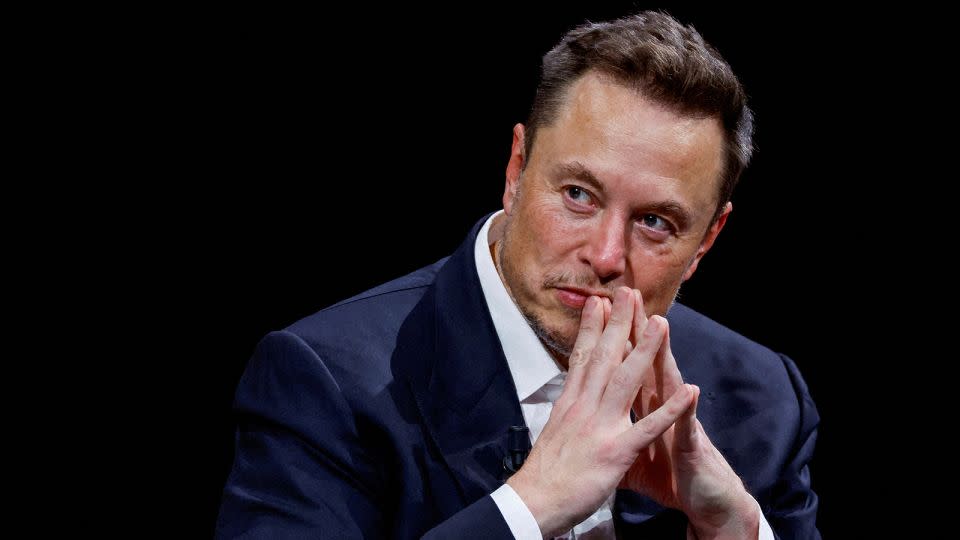Elon Musk’s ‘Twitter sitter’ appeal over Tesla posts rejected by Supreme Court

The Supreme Court on Monday turned away Tesla CEO Elon Musk’s request to back out of a settlement agreement he struck with the Securities and Exchange Commission in 2018 over a series of tweets about the car maker that regulators alleged were fraudulent.
Musk’s now-infamous 2018 tweet claimed he had “funding secured” to take Tesla private at $420 a share, a statement the SEC said was untrue and that led to wild swings in the company’s stock price.
To avoid enforcement, Musk agreed to a settlement that required him to have a company lawyer approve his social media posts about Tesla.
Though he agreed to the “Twitter sitter” provision, Musk has subsequently challenged it as a violation of his First Amendment rights. Musk purchased Twitter in 2022 and renamed it X.
The Supreme Court rejected Musk’s appeal without comment and there were no noted dissents.
A US District Court and the 2nd US Circuit Court of Appeals rejected Musk’s request to declare the Twitter sitter provision unenforceable.
“We see no evidence to support Musk’s contention that the SEC has used the consent decree to conduct bad-faith, harassing investigations of his protected speech,” a three-judge appeals court panel wrote last year. “Had Musk wished to preserve his right to tweet without even limited internal oversight concerning certain Tesla-related topics, he had ‘the right to litigate and defend against the [SEC’s] charges’ or to negotiate a different agreement – but he chose not to do so.”
For more CNN news and newsletters create an account at CNN.com

 Yahoo Finance
Yahoo Finance 